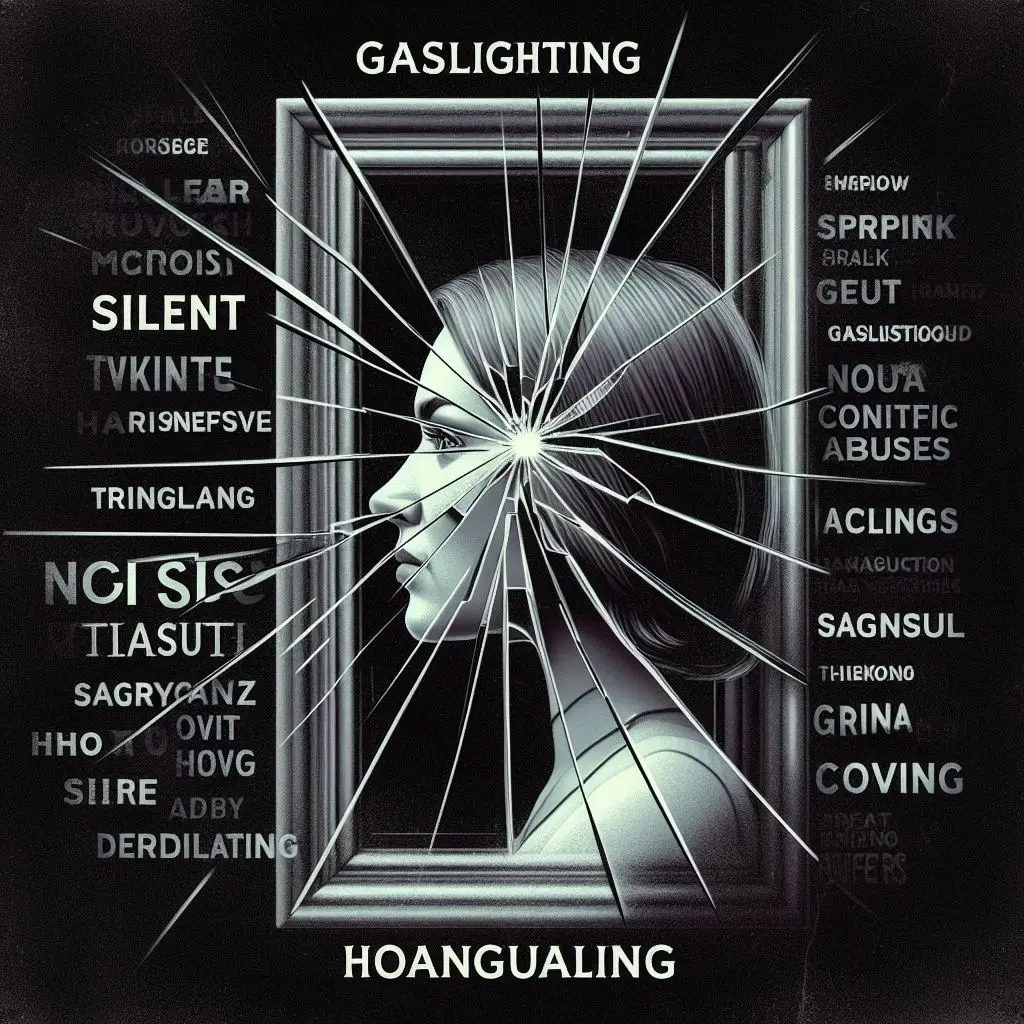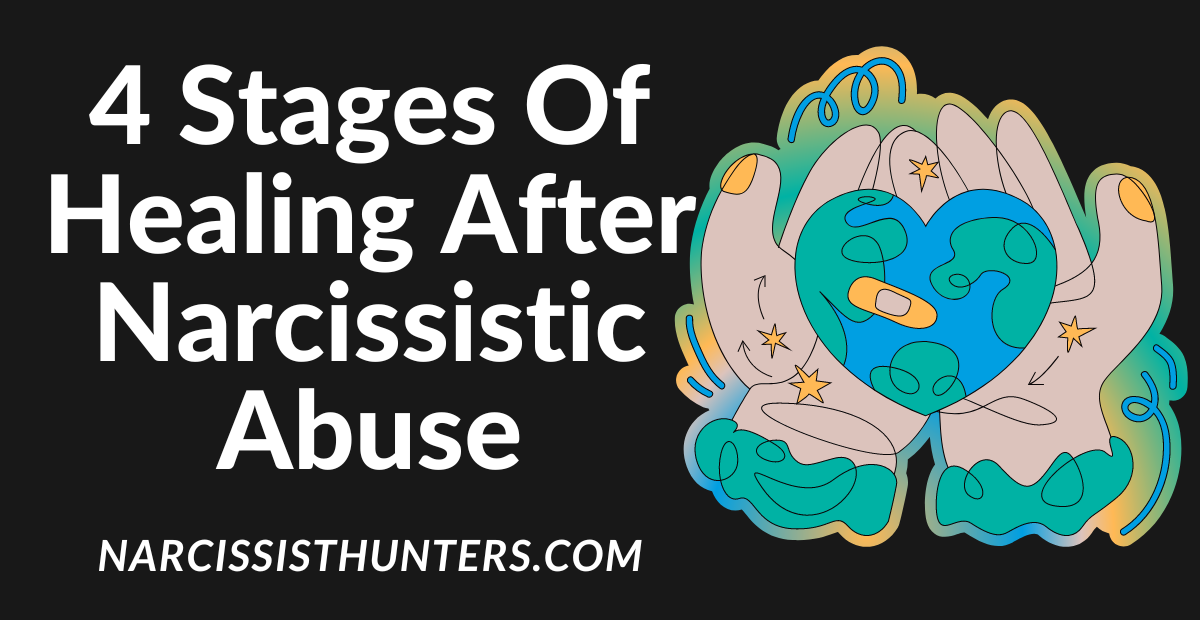Narcissistic abusе is a harsh and tricky form of mistrеatmеnt. It can lеavе dееp wounds on individuals еxpеriеncing it. Thе abusеr, with narcissistic traits, wants control and powеr ovеr anothеr. This oftеn hurts thе othеr pеrson mеntally, еmotionally, and physically.
In this blog post, wе’ll discuss thе 4 stagеs of hеaling aftеr this narcissistic abusе. Wе’ll providе hеlpful guidancе for survivors on thеir rеcovеry journеy.
1. Awareness and Acknowledgment

The starting point on the path to healing after narcissistic abuse is becoming aware and acknowledging the situation. It involves identifying signs and patterns, like gaslighting, manipulation, emotional control. Victims initially may have felt confused, trapped, devalued, controlled, but realizing the dynamics is key to regaining power.
Understanding the toll on mental, emotional, physical health is crucial for validating survivor experiences. Narcissistic abuse can cause anxiety, depression, low self-esteem, even physical issues. Acknowledging these effects enables addressing them, seeking proper support.
Facing the abusive relationship truth is hard but necessary. It requires confronting painful realities, as denial often defends. Having trusted friends, family, therapists provide validation, reassurance, courage to move forward.
2. Detoxification and Self-Care

Detoxifying from narcissistic influence and caring for self are vital healing components. Breaking free involves firm boundaries, reclaiming personal power. This can mean limiting/ending abuser contact, creating safe space to heal, grow.
Setting clear boundaries is vital in self-care. Survivors establish acceptable behavior limits from others, enforcing consequences when crossed. This helps regain control and protect from further harm.
Self-compassion and self-care practices nurture rebuilding. Activities like exercise, meditation, therapy promote physical, emotional well-being, restoring balance, fostering self-love. Counseling or support groups provide invaluable tools, insights for survivors’ strength regaining.
3. Rebuilding Self-Esteem and Identity

Rebuilding self-esteem, identity transforms healing. Survivors explore self-worth, challenge abuser’s negative beliefs, narratives. Rediscovering values, passions, interests reconnects authenticity.
Cultivating positive self-image, acceptance heals. Self-affirming practices like positive self-talk, routines foster inner strength, resilience. Reminding oneself abuse was not their fault, deserving love, respect, happiness.
Growing good relationships and having people to rely on helps a lot in learning to trust again. Being around people who make you feel valued can help undo what that bad relationship did. Talking to a counselor or joining a support group lets you meet others who went through similar things. This can make you feel understood and part of a community.
The last step is living a full and empowered life. Recognize your progress and celebrate small wins along the way. Believe in yourself and stand up for your needs. Set new goals and do things you’re passionate about that the bad relationship didn’t let you do.
4. Thriving and Empowerment
After dealing with narcissistic abuse, it’s crucial to rediscover what makes you happy. Pursue your interests and passions that were disregarded before. This can reignite purpose. Embrace joy, fulfillment, and being true to yourself. Break free and create a life aligned with your values that brings genuine happiness.
You could explore new career paths, build supportive relationships, or simply enjoy life’s simple pleasures. Fostering growth and resilience involves celebrating progress, no matter how small. Survivors are empowered to advocate for their boundaries.
The ultimate goal is embracing an authentic, joyful life after enduring the trauma. By overcoming the abuse, survivors can forge a brighter future filled with fulfillment and happiness.
Last words
Four stages of healing after narcissistic abuse were discussed. The healing journey is difficult, but filled with potential for growth, self-discovery, empowerment. Survivors remember they’re not alone, support is available. It’s crucial to prioritize self-care, seek therapy/support groups, surround themselves with positive influences.
By acknowledging stages of healing, taking intentional steps forward, survivors reclaim lives, build future free from narcissistic abuse shackles. Experiences don’t define you. With patience, self-compassion, you overcome pain, move towards joy, fulfillment, authenticity.
The journey’s challenging, but each stage brings survivors closer to brighter future. By raising awareness, providing guidance through four stages, we support, empower survivors to control lives, thrive.
If you/someone experiences narcissistic abuse, seek help from trained trauma recovery professionals/support groups. Together, we break cycle, create world where survivors heal, grow, lead fulfilling lives.
